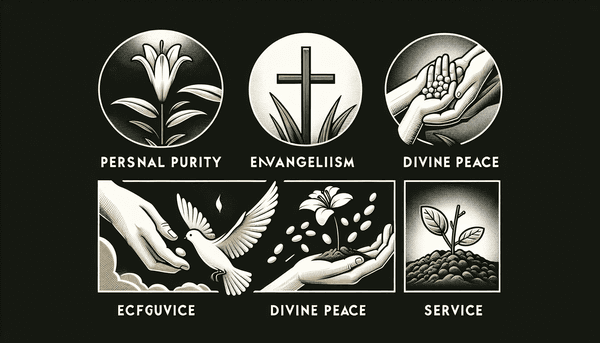Finding Strength and Understanding Through Scripture

Limited-Time Bonus:
Free 7-Day Devotional Guide!
Join 10M+ Christians Experiencing Deeper Faith



In order to use the app you will need an iPhone or Android smartphone.
In our search for understanding and spiritual growth, the stories and commandments of the Bible often serve as beacons of light, guiding us through the complexities of modern life. The timeless narratives and divine directives provide us not only with moral compasses but also with insights into the human condition. As we delve into the scriptures, we uncover invaluable lessons from the acts of individuals like Simon of Cyrene, grapple with the reverence due to God's name, face our own mortality, and ponder the depths of forgiveness and redemption. This article seeks to explore these varied yet interconnected topics, shedding light on their significance and how they continue to resonate with us today.
Bible Chat App
The #1 Bible App for biblical answer
Join 10M+ Believers Growing In Faith With Bible Chat
4.9
Average Rating
|Over 5 Million Downloads


